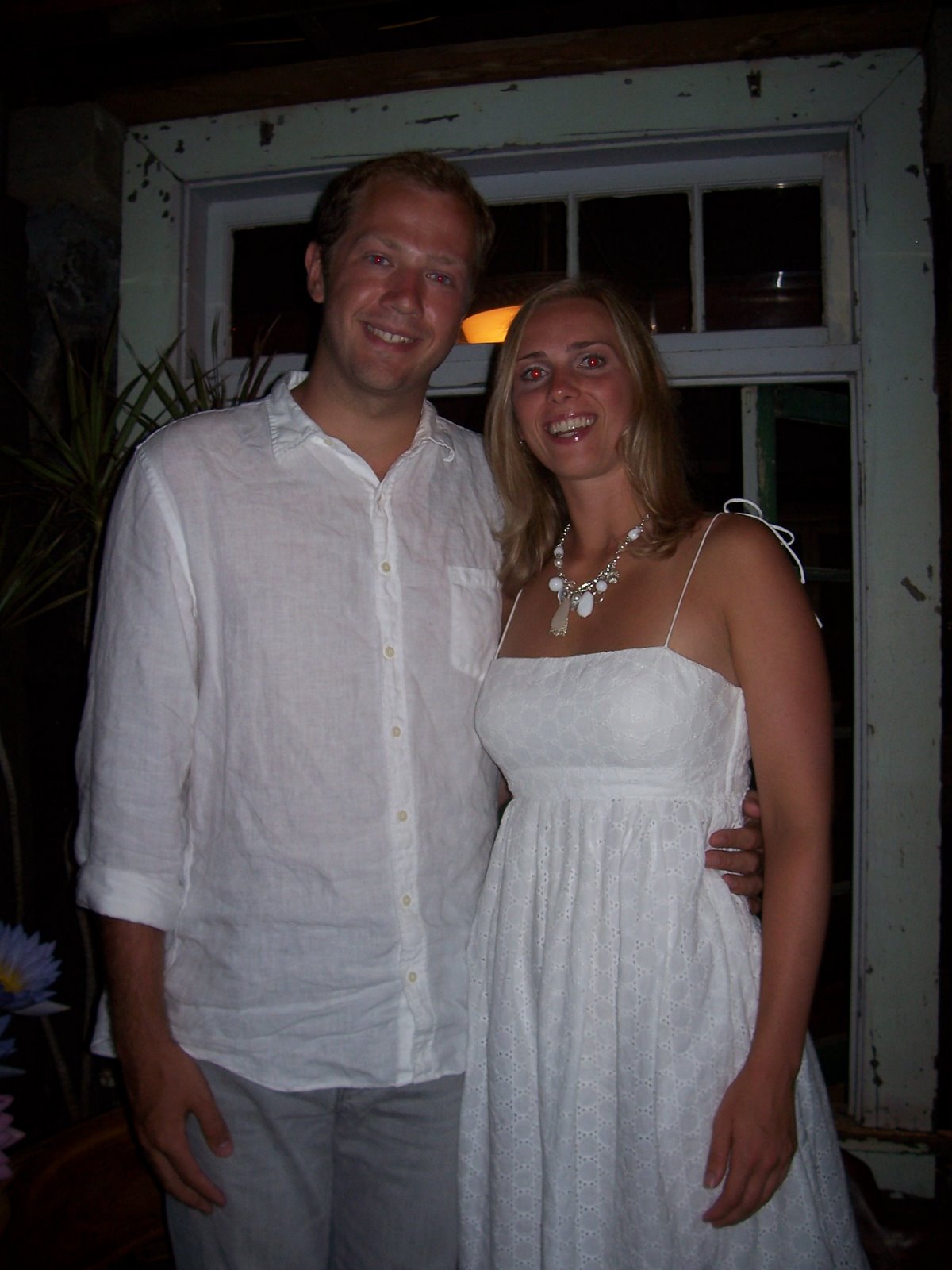James and I just spent four days at the Asian Rural Institute (ARI), and we will get to go back there 1-2 more times during our time here in Japan.
“The Asian Rural Institute (ARI) is an international training center in Japan. Participants from developing countries in Asia, Africa and the Pacific are invited to study at ARI for nine months in sustainable, organic agriculture techniques, leadership and community development. ARI invites 25 to 30 grassroots rural leaders to study at Nasushiobara, Japan, every year.”
Many of the farmers come from regions of the world where resources and food are scarce, people cannon afford fancy equipment, and educational resources to learn basic farming techniques are limited. ARI teaches these participants how to think creatively to utilize the resources around them to produce organic and sustainable farms. I was very surprised to see the ways that ARI uses common resources to bolster the food quality at very low costs.
James and I enjoyed our four days at ARI, and worked very hard while we were there. Alongside the 30 participants, there are several permanent staff members as well as volunteers (like James and I) who come to help in whatever they can and to learn more about ARI for anywhere from a few days to a year. I was reminded these last four days of what extremely hard physical and mental work farming requires, as the average day at ARI is 11-12 hours long. The schedule at ARI starts with morning exercises at 6:30am and ends after the last farm chores at 6:00pm. And even after dinner, participants are often involved in meetings and planning sessions. They work very, very hard to learn how to go home and teach their communities how to provide food in a healthy and sustainable manner.
We spent the last four days doing a variety of tasks – weeding and planting vegetables, feeding pigs, harvesting wheat and straw, and taking our turn in the kitchen. One of the greatest parts of our stay was mealtimes – ARI eats almost entirely off its own crops and livestock, so meals are incredibly healthy and fresh. And we had the opportunity to chat with a broad variety of people from around the world over these meals, which was a great opportunity. Conversations can be challenging because people’s English levels varied a great deal, but the conversations were always rewarding.
This is several bushels of the wheat we harvested that is hanging to dry.














1 comment:
wow. looks like hard work! i love how tall you guys are :)
Post a Comment